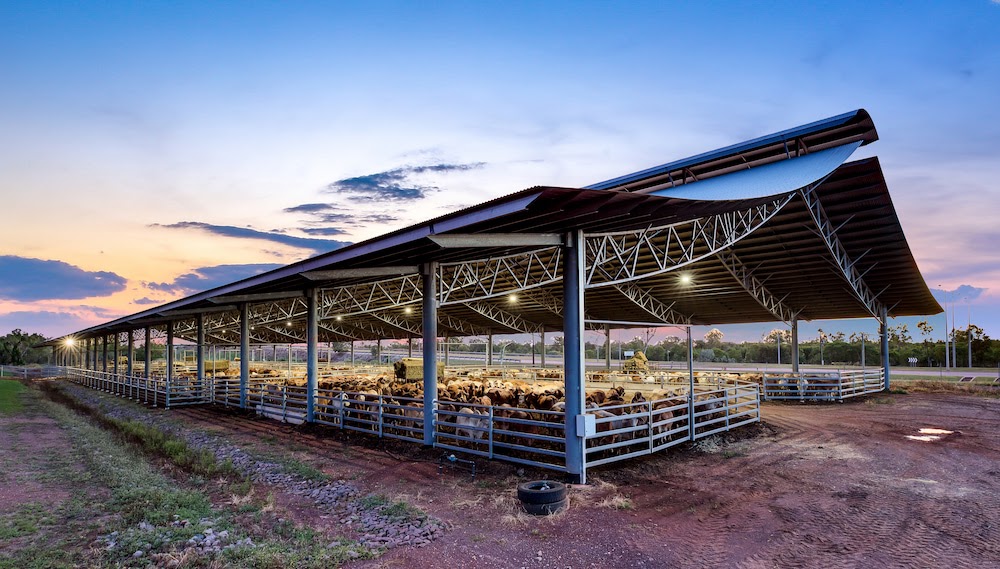New State Animal Welfare Standards in Queensland
In Queensland new State Animal Welfare Standards were introduced on 1 July 2021. They apply to cattle, sheep and livestock at saleyards in the state. This is a move that has been welcomed by the agriculture and farming industries and by the overall community.
The new standards bring the state in line with Australian animal welfare standards. They are taken from the contents of the Animal Care and Protection Act 2001 and replace the voluntary Model Codes of Practice for the Welfare of Animals for Cattle, Sheep and Animals at Saleyards.
Key points
- New State Animal Welfare Standards introduced on 1 July 2021.
- The standards bring the state in line with federal animal welfare laws.
- Penalties for non-compliance with the standards include a fine of up to $40,035.
At the Berrimah NTLEA facility, cattle are in the yards for an average of four days, and among a variety of health treatments and clearances, much of this time is transitioning them onto the feed they will eat during their sea voyage.
Government has listened to industry representatives
The changes follow discussions between the government and industry representatives. They will ensure that a high standard of animal welfare is maintained by producers in the state in line with industry standards across the country.
The welfare standards are informed by science and by expectations of the community as a whole. They are good news for the animals and for the industry.
What the new Queensland animal welfare standards mean
The main benefit of the Queensland welfare standards for animals is that they clarify the responsibilities of people who manage cattle, sheep, and other livestock in saleyards and depots. The standards cover various areas of animal welfare. This includes several important factors such as:
- Housing
- Handling
- Nutrition
- Sanitation
- Veterinary care
- Protection from the weather
About 15,000 cattle pass through the NTLEA Berrimah facility which includes 2 Entegra Ridgeback ™ sheds
It’s the responsibility of anyone who owns or works with animals at saleyards or depots to comply with the standards and make sure that animals are well cared for. There are several penalties for non-compliance up to a maximum penalty of a $40,035 fine. If there is deemed to be an issue with cruelty in addition to non-compliance, the maximum potential fine is $266,900 or three year’s imprisonment.
New regulations follow announcement of full review of the state’s animal welfare legislation
The introduction of the new standards comes just months after the Queensland Government announced a review of the Animal Care and Protection Act. The need for the review came from the fact that the Act had been in place for 19 years and community expectations have changed since then. So, there was a need to make any necessary amendments.
The aim is to continue the good work that has already been done in the state by ensuring that it’s a safe place for all animals. This work includes ensuring that dog breeders in the state adhere to legislation aimed at solving a previous problem with puppy farms.
The tough approach regarding animal welfare in Queensland is in line with RSPCA recommendations. The government is determined to ensure that every animal is cared for in the appropriate manner. In the case of cattle, sheep, and livestock being handled through saleyards and depots, the new animal welfare standards mean that Queensland is now in line with the rest of the country. This is good news for an industry that is aiming to improve its reputation for looking after its animals.
Ridgeback TM at Darwin cattle yards
2 - 2Shares

